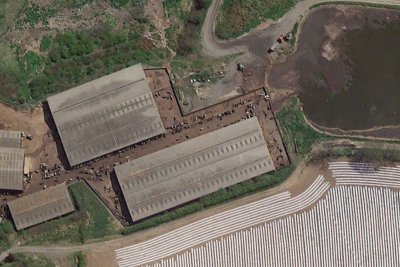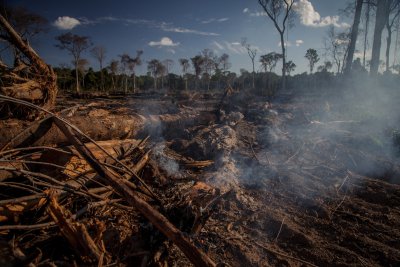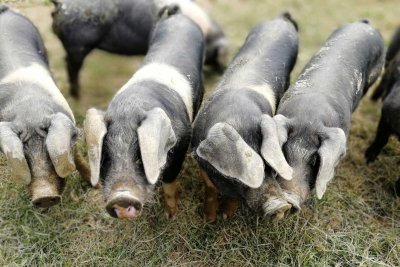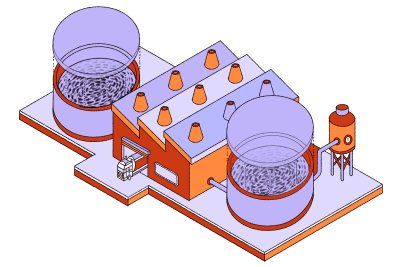 Red Admiral Butterfly Credit V Hird
Red Admiral Butterfly Credit V Hird

Dasgupta Review says our demands of nature outstrips its capacity to supply us – calls for transformational change
The Treasury-sponsored Dasgupta Review says our demands of nature outstrips its capacity to supply us and calls for transformational change.
The report proposes recognising nature as an asset and calls for widespread reconsideration of how we measure economic prosperity. It suggests using a different measure than Gross Domestic Product (GDP) to measure sustainable economic growth.
Professor Dasgupta singled out food production as the “most significant driver of terrestrial biodiversity loss.” He highlighted the pressure of population growth and the need to produce sufficient food sustainably as a challenge that would only intensify.
He pointed out that technology and sustainable food production systems could “decrease the sector’s contribution to climate change, land-use change and ocean degradation; reduce environmentally damaging inputs and waste; improve production system resilience, through methods such as precision agriculture, integrated pest management and molecular breeding techniques; and are likely to have a positive economic impact, including the creation of jobs.”
The three areas Professor Dasgupta recommends for transformative change are:
- Ensure that our demands on nature do not exceed its supply, and that we increase nature’s supply relative to its current level
- Change our measures of economic success to guide us on a more sustainable path.
- Transform our institutions and systems – in particular our finance and education systems – to enable these changes and sustain them for future generations
In a statement published alongside the report, Professor Dasgupta said: “Truly sustainable economic growth and development means recognising that our long-term prosperity relies on rebalancing our demand of nature's goods and services with its capacity to supply them. It also means accounting fully for the impact of our interactions with nature across all levels of society. COVID-19 has shown us what can happen when we don’t do this. Nature is our home. Good economics demands we manage it better.”
Vicki Hird, head of sustainable food and farming at Sustain said:
“This review confirms the urgency of the task we have - to produce our food in ways that protect and restore nature and to end currently harmful and hugely wasteful food supply systems we have. We need to embed diversity and agroecological farming into government policy and farm practice, encouraging farmers to work with nature to produce more diverse foods and so protecting soils, water and biodiversity. The alternative is too costly to consider.”
The Dasgupta Review is an independent, global review on the Economics of Biodiversity led by Professor Sir Partha Dasgupta (Frank Ramsey Professor Emeritus, University of Cambridge). The Review was commissioned in 2019 by HM Treasury and has been supported by an Advisory Panel drawn from public policy, science, economics, finance and business.
Find the The Final Report: Economics Of Biodiversity - The Dasgupta Review, in full, abridged version and headline message document on the government website.
Climate Change and Nature: Sustain has taken a keen interest in the rapidly accumulating evidence about the effect of food and farming on climate change and nature, as scientific evidence emerges that our food system is a very significant contributor to greenhouse gas emissions and biodiversity loss.
Sustain
The Green House
244-254 Cambridge Heath Road
London E2 9DA
020 3559 6777
sustain@sustainweb.org
Sustain advocates food and agriculture policies and practices that enhance the health and welfare of people and animals, improve the working and living environment, promote equity and enrich society and culture.
© Sustain 2026
Registered charity (no. 1018643)
Data privacy & cookies
Icons by Icons8







